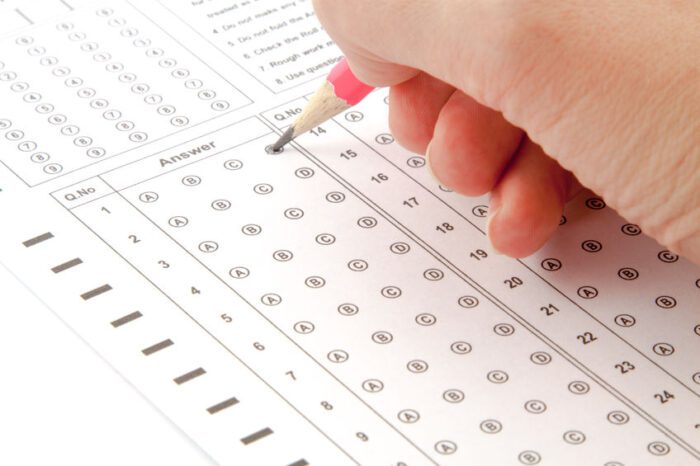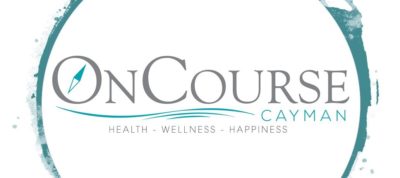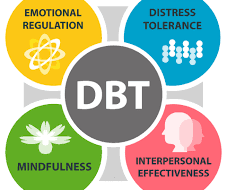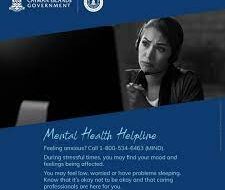
Psychological diagnostic and psycho-educational testing can be completed here at OnCourse Cayman for ages 3 and up. These assessments aim to identify one’s abilities in multiple areas as they can be requested for difficulties with social interactions, functioning or academic abilities. The process generally includes an initial clinical interview, then IQ and Achievement Tests. Dr. Bodden, Dr. Anguelova, and Dr. Buford have received ample training in completing a variety of assessments on children, adolescents, and adults.
Information for Parents: What to Expect (For more information, click here)
Most commonly, an assessment has been suggested by an individual working with your child, and you are left wondering what this means and what the benefits are. Assessments are commonly performed to answer questions regarding an individual’s behaviour and capabilities, in order to make recommendations for intervention and support.
Some of the common diagnoses associated with assessments include Attention-Deficit/Hyperactivity Disorder (ADHD; associated with difficulties focusing), Learning Disabilities (e.g. Dyslexia; the child is not performing up to their potential in school), Anxiety (can be reflected in worries about school performance), Depression (eg: sad mood, low self-esteem, lack of motivation) and Autism (neurodevelopmental condition associated with difficulties with social skills, communication, and repetitive behaviours).
As there are multiple factors that affect academic ability, collaboration between the child, parent, and school is important when completing psycho-educational tests. Once results are obtained, goals can be made to help the client.

Several types of assessments that are offered include:
- School Readiness
- School readiness assessments are conducted on learners who are in their last term of Grade 0/Kindergarten to ascertain whether their cognitive and emotional development is on par to start with formal education in Grade 1 in the following year. This includes an assessment of perceptual development, fine and gross motor development, and emotional screening.
- Subject Choice
- Towards the end of Grade 9, all learners must choose subjects that they are interested in and may want to continue studying on tertiary level. Assessing interest, personality and ability will provide the learner with more clarity of choice.
- Career Counseling
- The aim of career counselling is to assist in pairing your personality with a job description and to assist you to in figuring out which career would best suit your personality. Career counselling assessments include aptitude, personality, interest and value assessments. In cases where subject choice assessment results are available, it could be compared with the results of the career counselling which would then provide a wider spectrum of data to base a career choice on.
- Foster Care Placements/Adoption Screening
- This entails the assessment of families to determine whether they are safe, fit and functional to be granted foster care residence and/or to become adoptive parents.
- Assessment of Trauma
- The experience of trauma may lead to conditions such as Acute Stress Disorder or Post Traumatic Stress Disorder. Assessing an individual for trauma may assist in making an earlier diagnosis which improves the chances of more effective treatment intervention. For the purpose of assessing for trauma, the NICHD Interview Protocol together with other psychological assessment techniques and psychometric tests are used.




